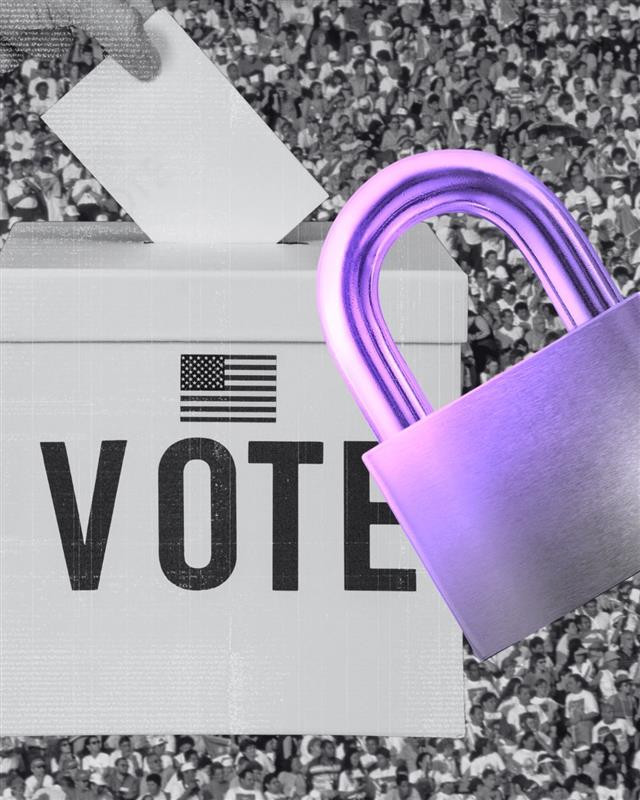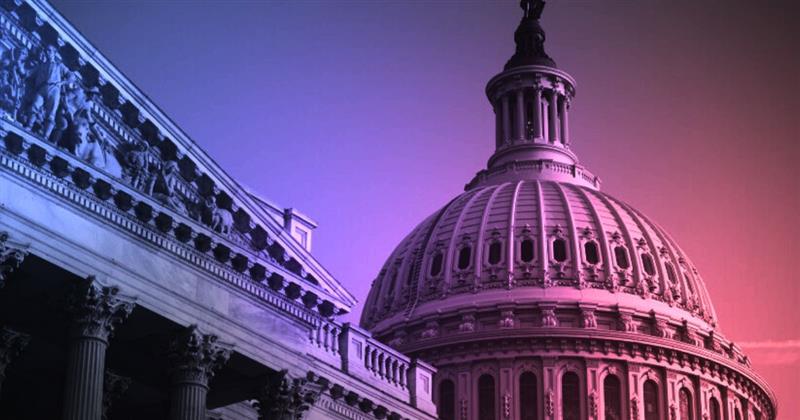For independent voters, progress comes from innovation free of outdated bureaucracy.
The Big Picture
The global technology revolution is in full swing, but not everyone is keeping pace. While the U.S. and China race ahead in artificial intelligence (AI), software, and high-tech innovation, Europe finds itself falling behind. Despite its strong education systems, deep talent pools, and storied legacy of innovation, the European continent is missing out on the economic engine of the future: disruptive technology.
A growing number of European entrepreneurs are sounding the alarm. Slow decision-making, risk-averse capital, rigid labor laws, and overbearing regulation are making it nearly impossible to scale new ventures quickly. As a result, Europe’s economy is stagnating — and its digital future is slipping away.
Zooming In
The contrast between Europe and the United States couldn't be more stark. In Silicon Valley, startups launch, pivot, scale, and disrupt entire industries at lightning speed. In Europe, founders face bureaucratic hurdles at every turn — from raising capital to hiring talent to navigating regulation. It’s no surprise that many of the continent’s most promising startups end up relocating to the U.S. or selling to American firms.
This divergence isn't just about economic policy. It’s about mindset. Where Europe sees risk, the U.S. sees opportunity. Where European regulators draft red tape, American investors fuel innovation.
The consequences are playing out in real time. Europe now accounts for just 4 of the world’s top 50 tech companies. Venture capital investment in Europe is only one-fifth the level of the U.S. Meanwhile, the average U.S. worker is nearly 25% more productive than their European counterpart.
Key Facts
- America has created 241 companies worth over $10 billion in the last 50 years. Europe? Just 14.
- U.S. tech giants like Apple, Google, and OpenAI now dominate the global economy, while Europe struggles to birth new market leaders.
- Entrepreneurs in Europe report delayed funding, complex labor laws, and prohibitive tax and regulatory regimes, stifling growth.
- The EU’s economy is now one-third smaller than the U.S. and growing at just one-third the pace.
- In contrast, the U.S. federal policy environment — with relatively low regulation, access to capital, and a unified market — accelerates growth and encourages innovation.
Independent Lens
For independent voters in the United States, the lesson is clear: freedom to innovate, unshackled by outdated bureaucracy, leads to abundance. America’s economic edge stems from a culture that rewards initiative and a policy environment that fuels it.
One standout U.S. policy that supports this dynamism is the Qualified Small Business Stock (QSBS) exemption — a little-known but powerful provision in the tax code. It allows early investors and startup founders to exclude up to $10 million (or 10x their investment) in capital gains from federal taxes when they invest in qualified startups. It’s designed to encourage high-growth entrepreneurship and has played a quiet but crucial role in building Silicon Valley’s engine.
For independents — voters who prioritize results over rhetoric — this is the kind of smart policy that matters. It's not about handouts or headline-grabbing legislation. It's about creating an environment where innovation thrives, small businesses can grow, and the economy delivers tangible opportunity for the many, not the few.
As Europe tightens its regulatory grip, the U.S. continues to foster a system where speed, ambition, and risk-taking are rewarded. That’s a vision for growth that independent voters can rally behind — and one we must protect if we want to keep our edge in the decades ahead.


.jpeg)


.jpg)